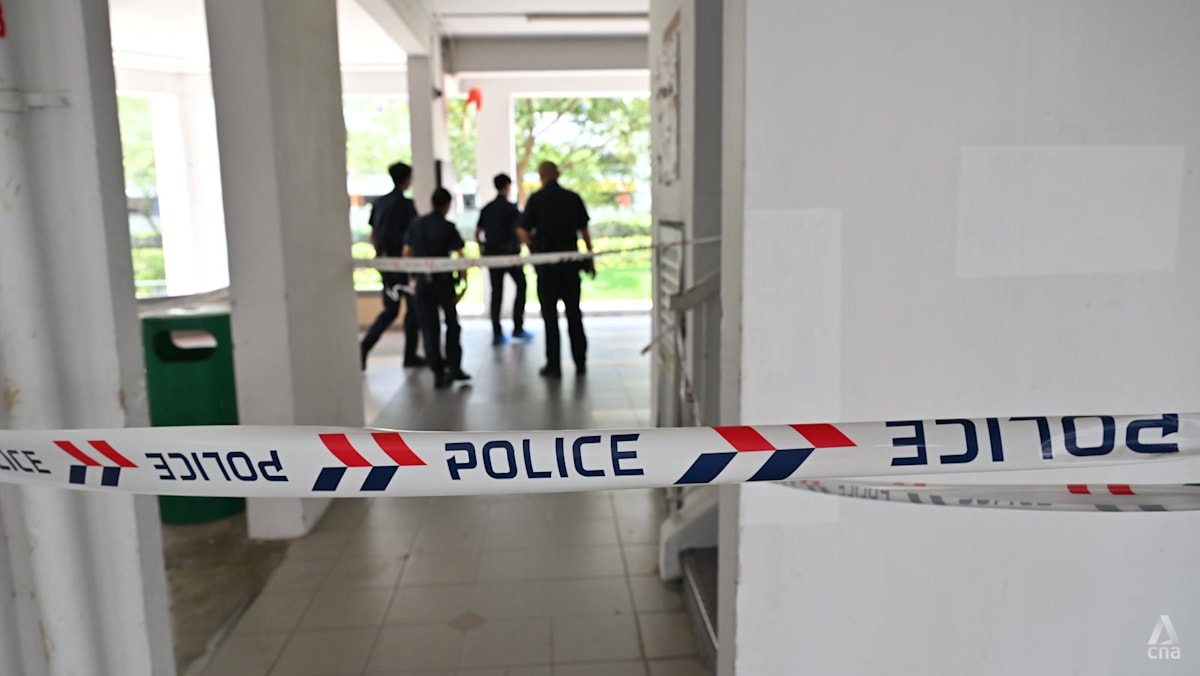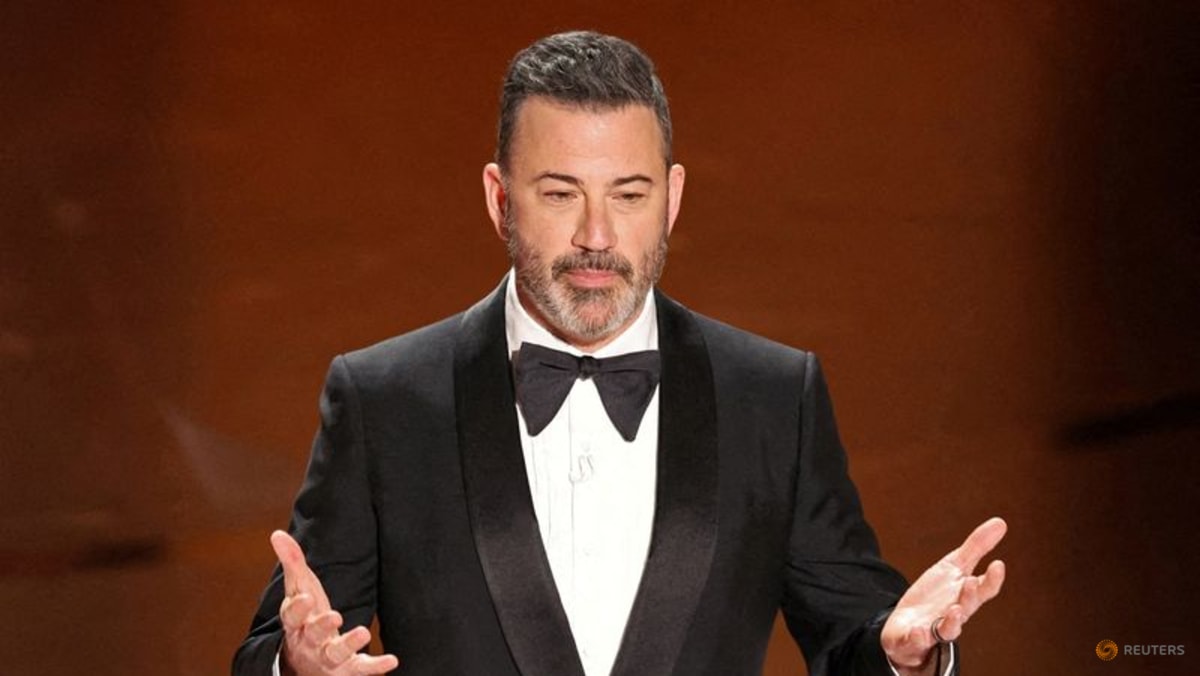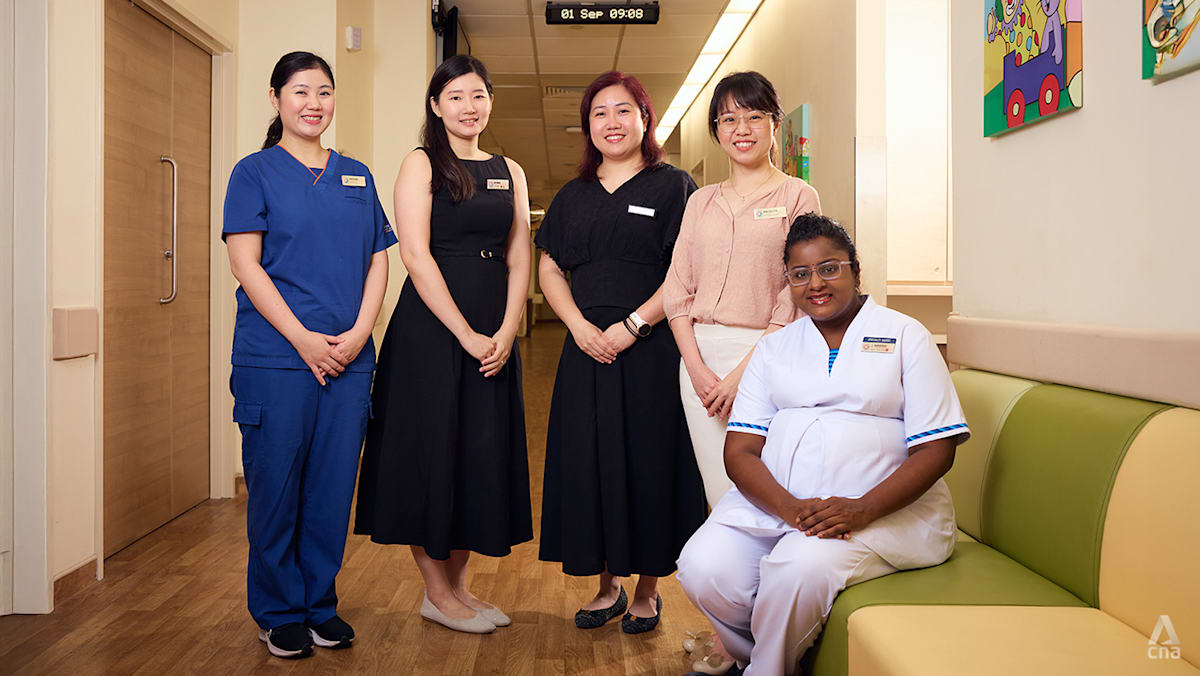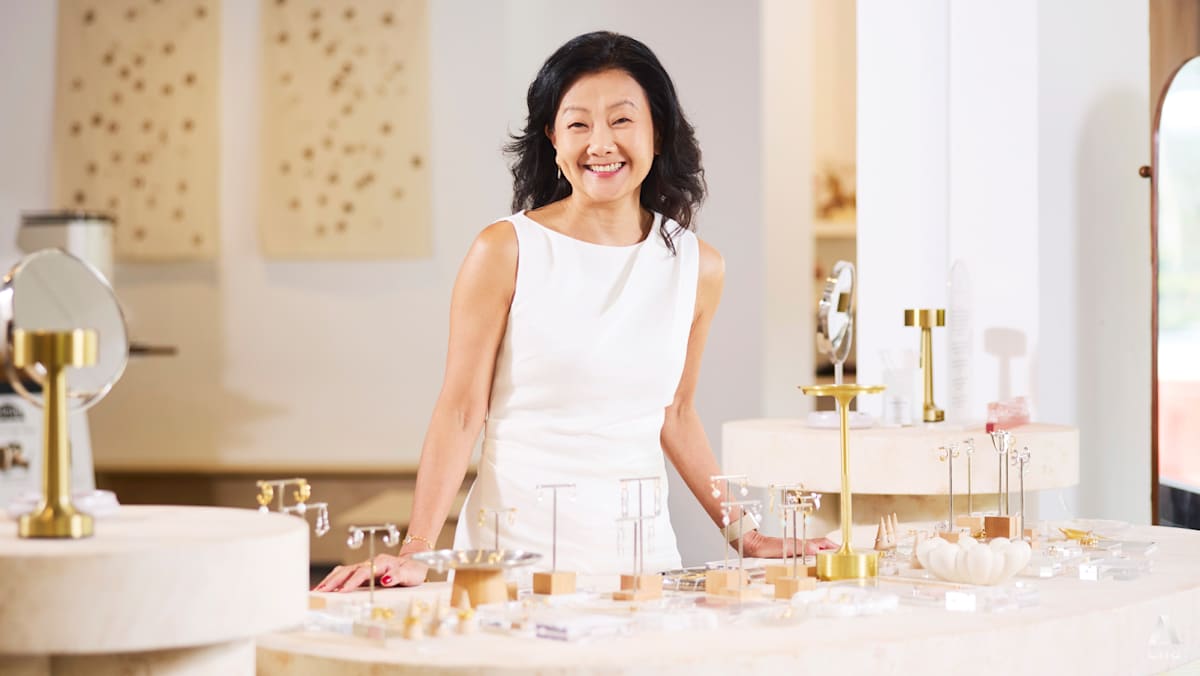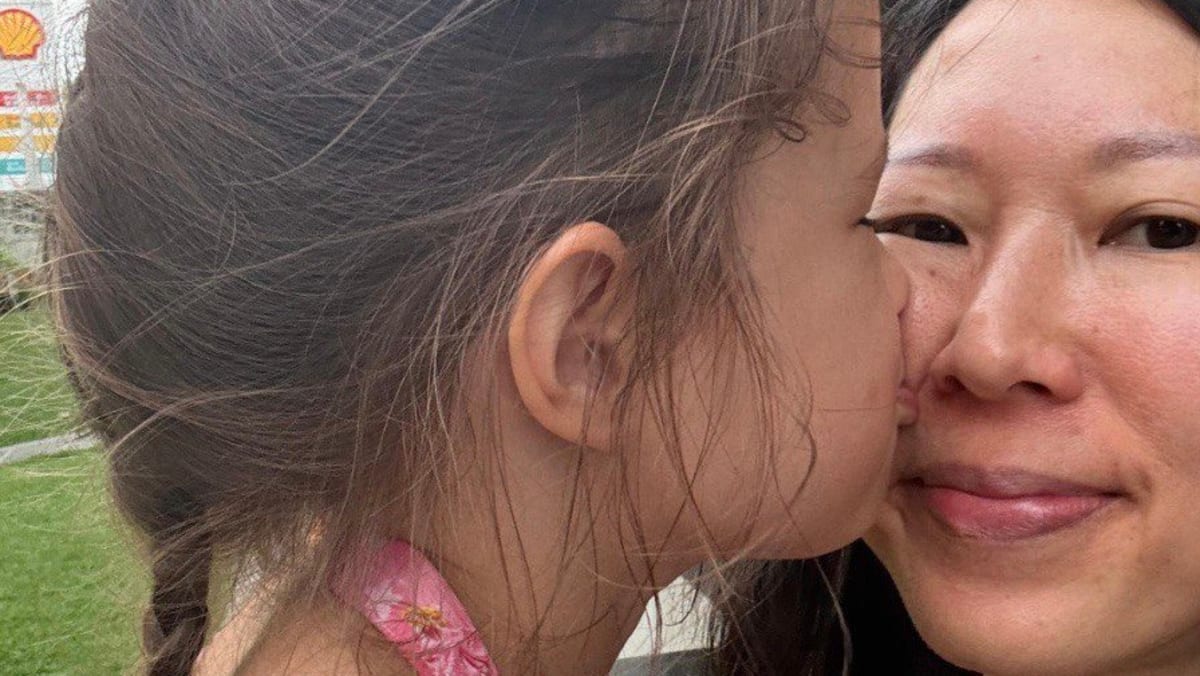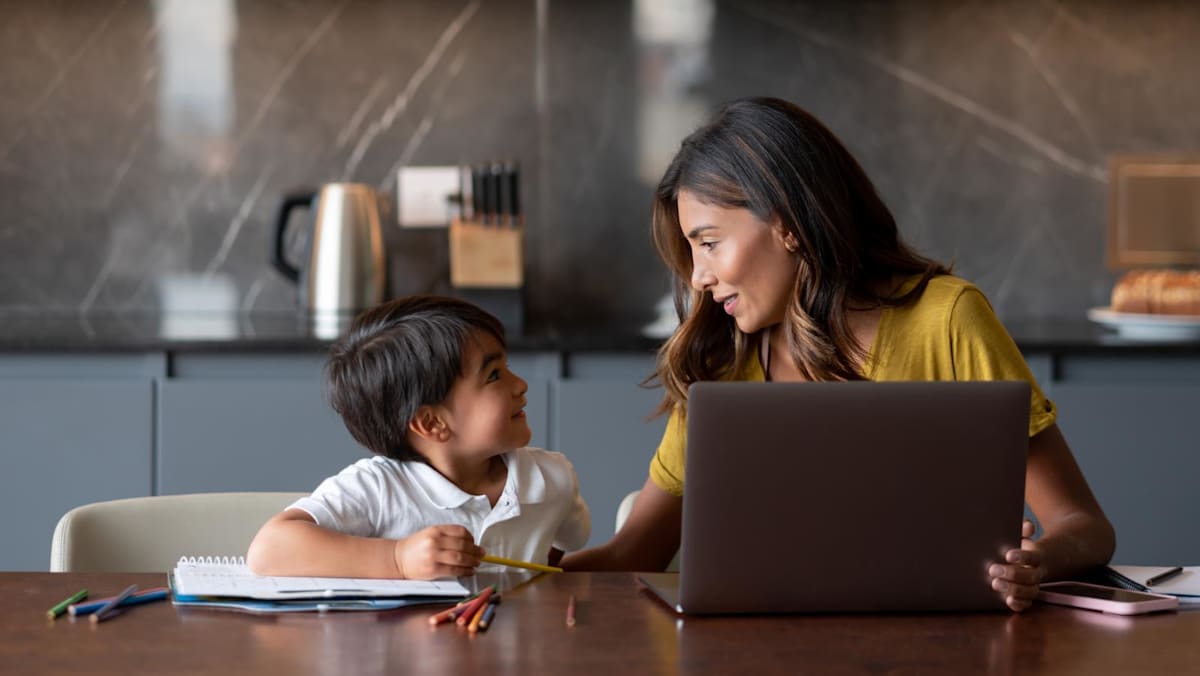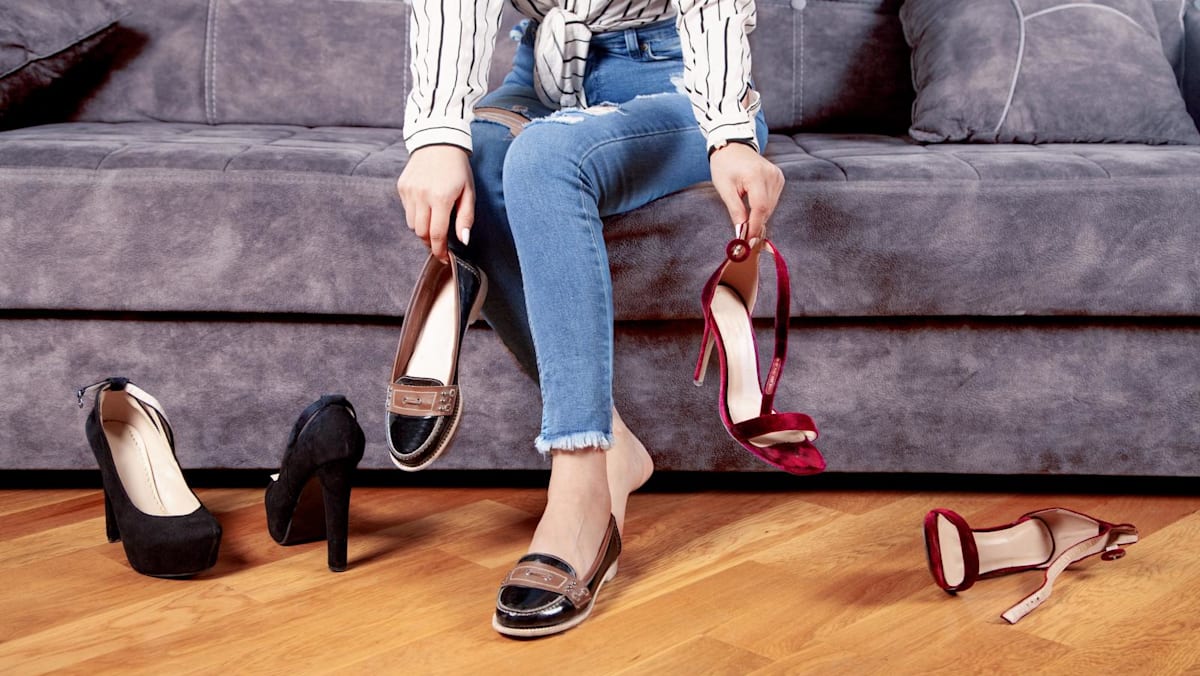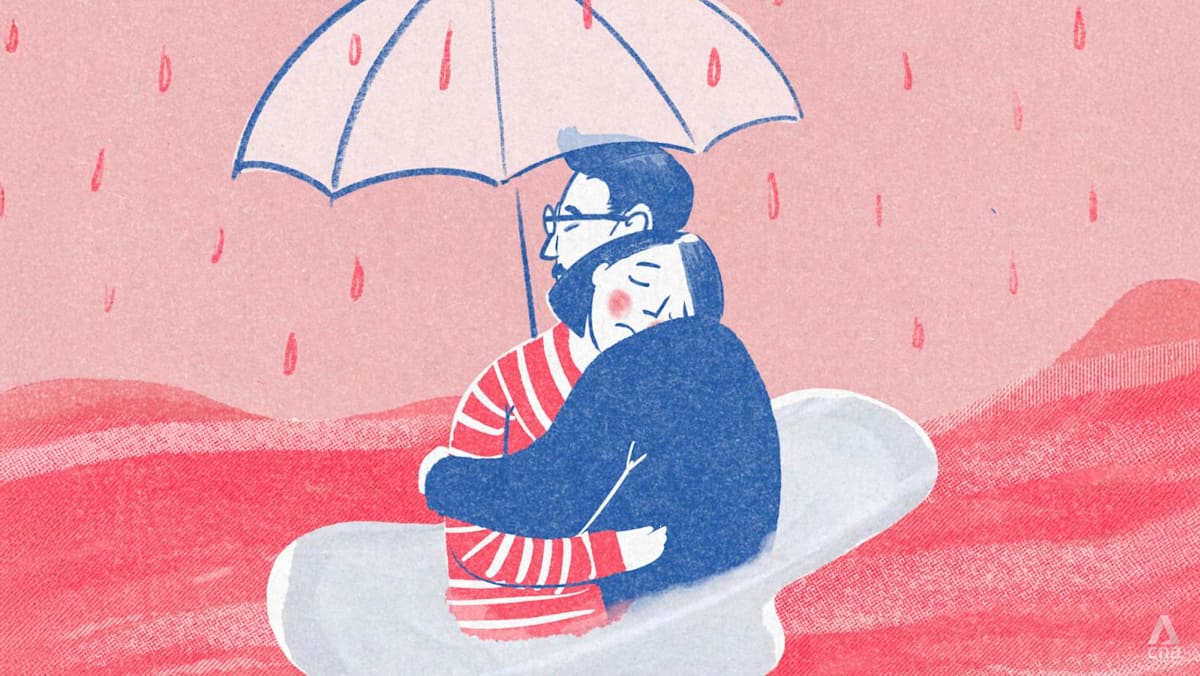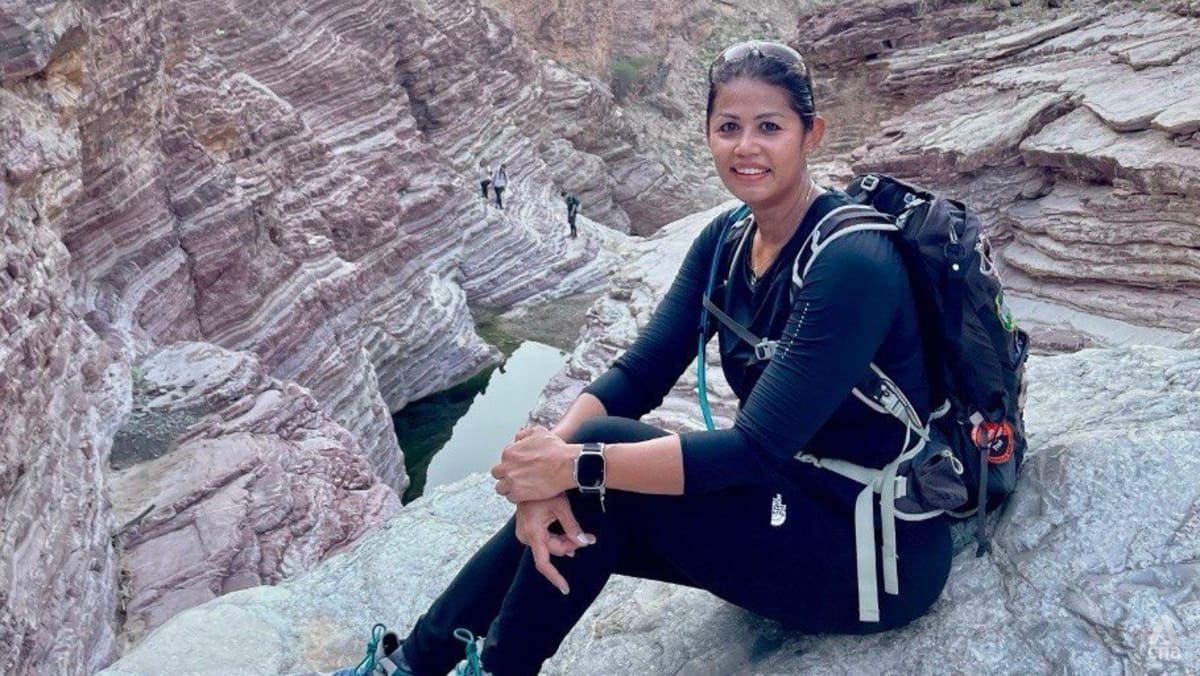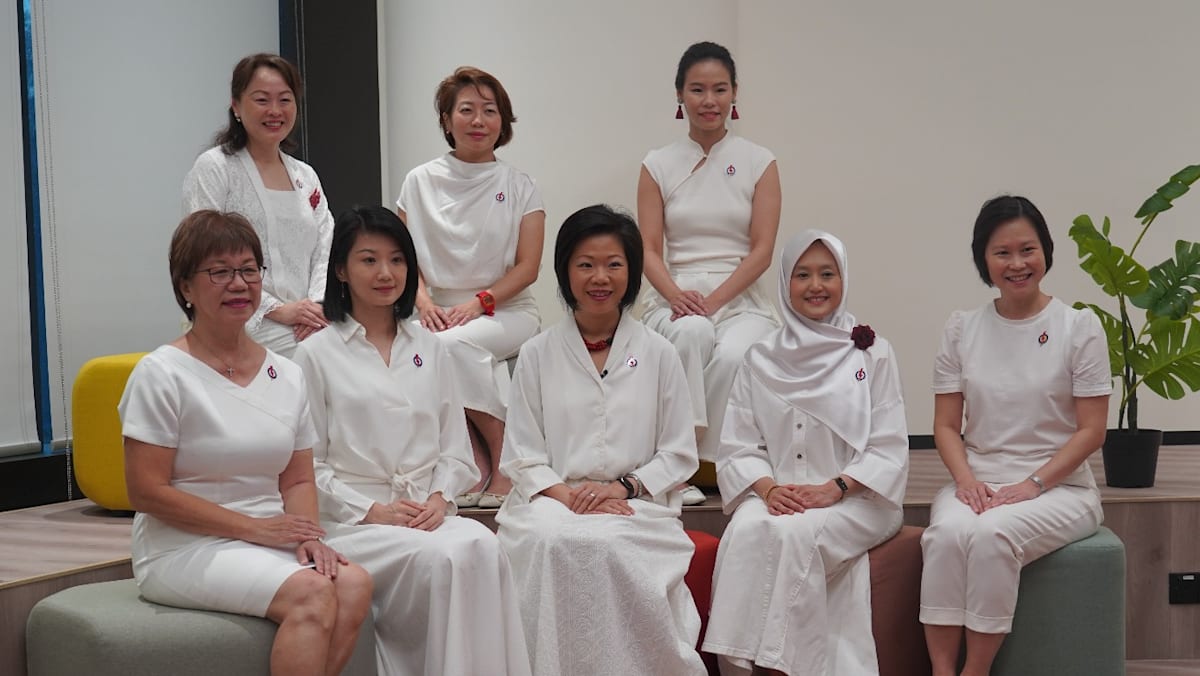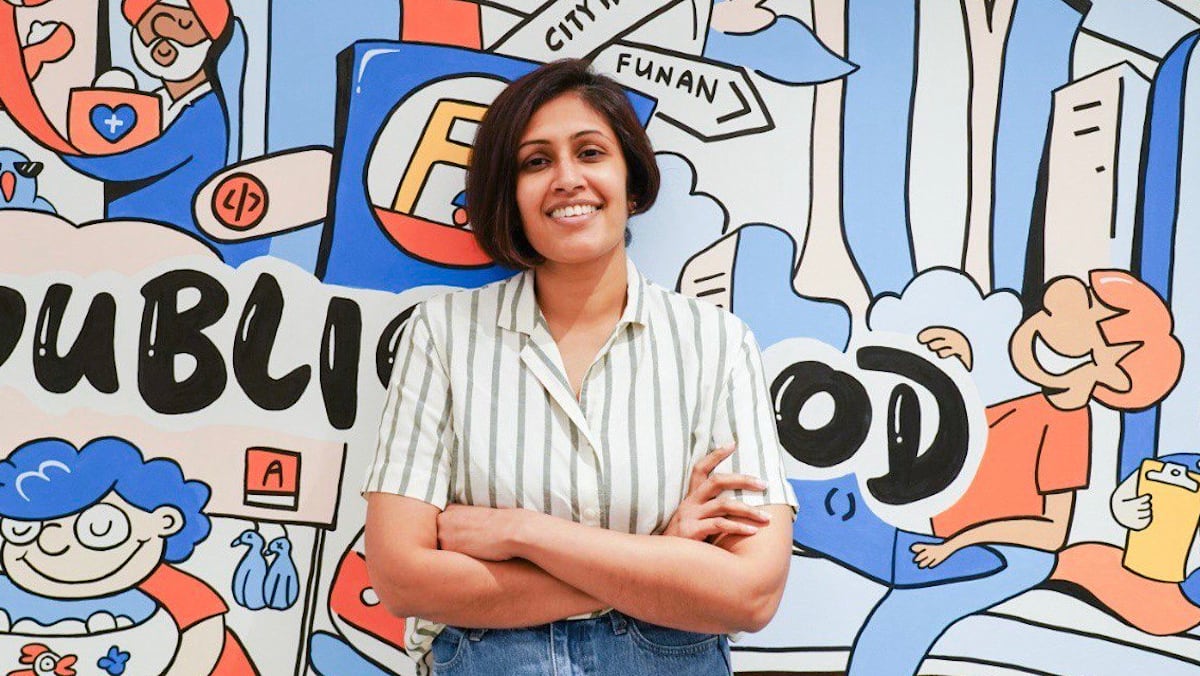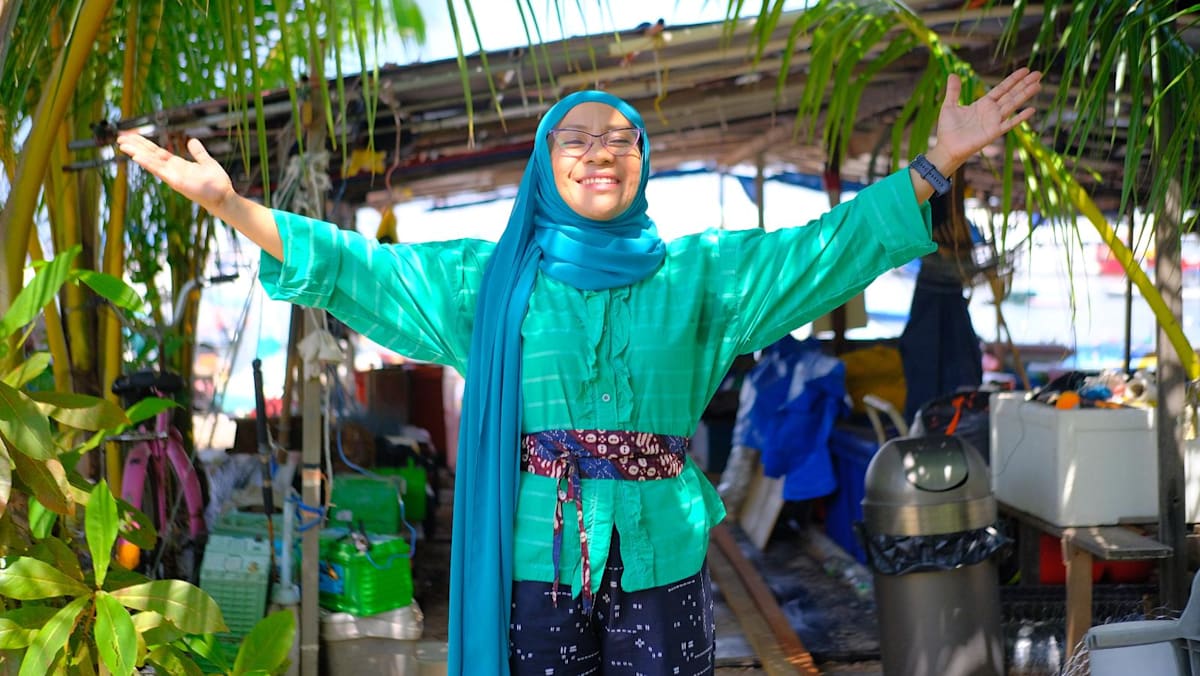Ho, the psychologist, explained that many children living with chronic pain feel as though they’ve lost control of their lives, which fuels anxiety and fear.
Psychologists on the team help by addressing the thoughts, feelings and behaviours that may either stem from chronic pain, or worsen it. This is done through coping strategies, relaxation techniques and challenging negative beliefs about their pain.
“Many of these kids tend to have lot of anxiety, which leads to their tendency to catastrophise,” said Ho. “They worry about what will happen to them in the future or the pain returning. We work through their concerns to prepare them to be more confident to start moving and engaging in activities again.”
For the team, every little milestone counts – whether it’s walking down the corridor after weeks of being immobile or finally using a hand or leg that the child avoided due to pain.
“We celebrate these wins with our patients when they successfully achieve the goals that they set out for themselves,” said Png. “We often tell the child that life should not start only when pain goes away. But as life continues, pain may go away.”
The most rewarding moments, added Dr Yeo, are when a child or teenager once consumed by pain begins to reclaim control over life.
“When they go from being miserable, socially isolated to doing everyday teenage things, and then they come back and tell me about it – I’ll go, ‘yes!’,” she said with a smile. “They may have bad pain days, but they learn to handle it. They’re embracing life again on their own terms.”
The team has learnt a lot from working with these young patients too. “They are incredibly resilient,” said Ho. “Living with pain is never easy, yet many of them find ways to adapt… and dream big. They teach me every day about courage, patience and the importance of not letting challenges define who we are.”
